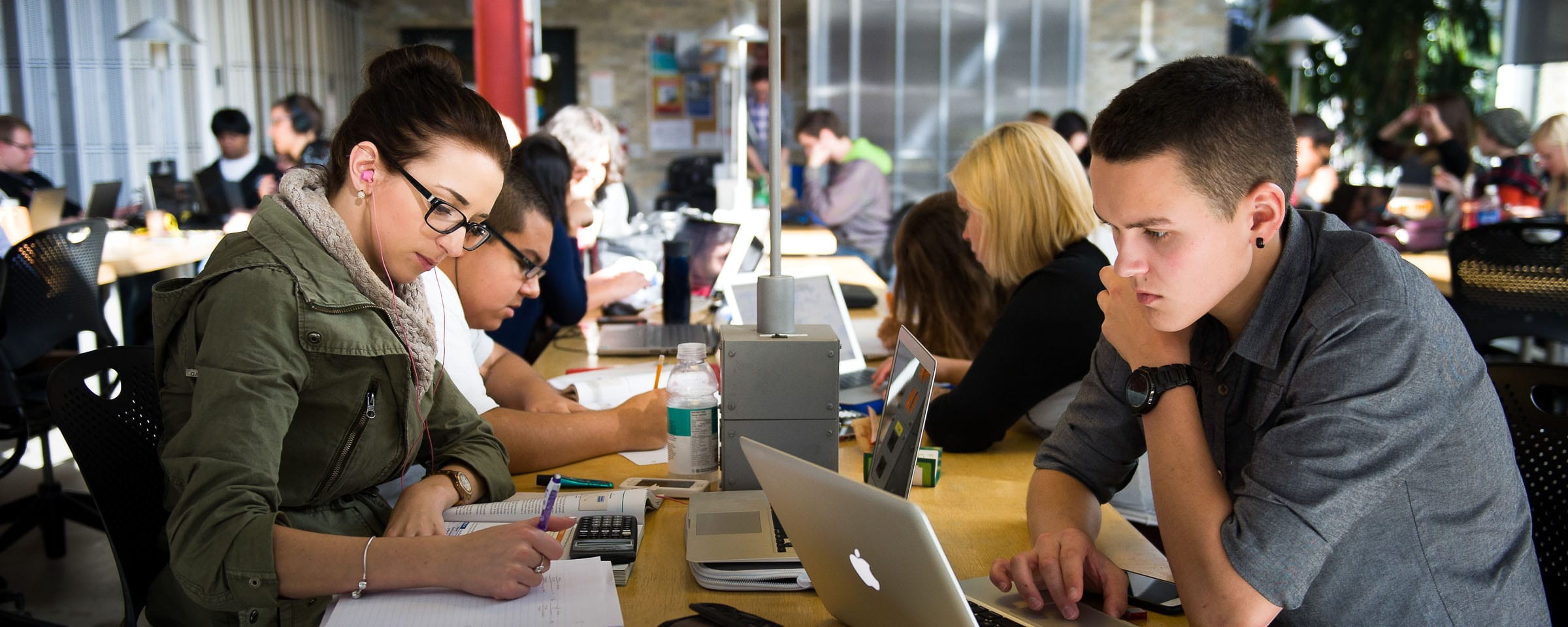Nursing / Community Services Research and Innovation Day – February 2nd 2018!
One more week to Research and Innovation Day!
The Nursing / Community Services Research and Innovation Day is open to all Nursing students and faculty as well as all Community Services students and faculty.
Check out our page for more details!































 Written and photos taken by Jennifer Johnson; Nursing Lab Manager
Written and photos taken by Jennifer Johnson; Nursing Lab Manager




